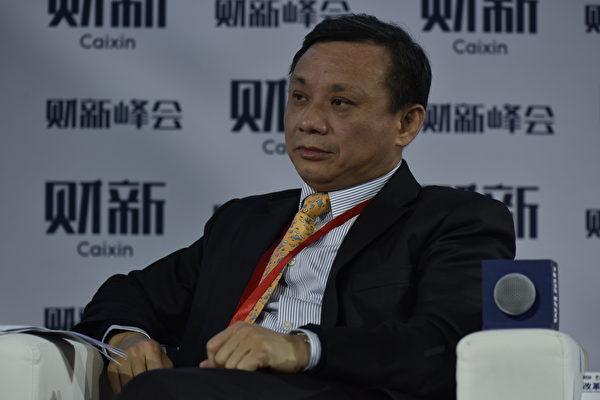A video capturing a Chinese businessman’s angry tirade has recently made the rounds on the internet. His remarks have revealed the hostile business environment in China, where private businesses have to jump hurdles and interference by local authorities.
Mao Zhenhua is the chairman of Sun Mountain Yabuli, a ski resort in China’s northernmost Heilongjiang Province that is part of Club Med. A successful entrepreneur, he also founded China’s first nationwide credit rating company, Chengxin, in 1992.





